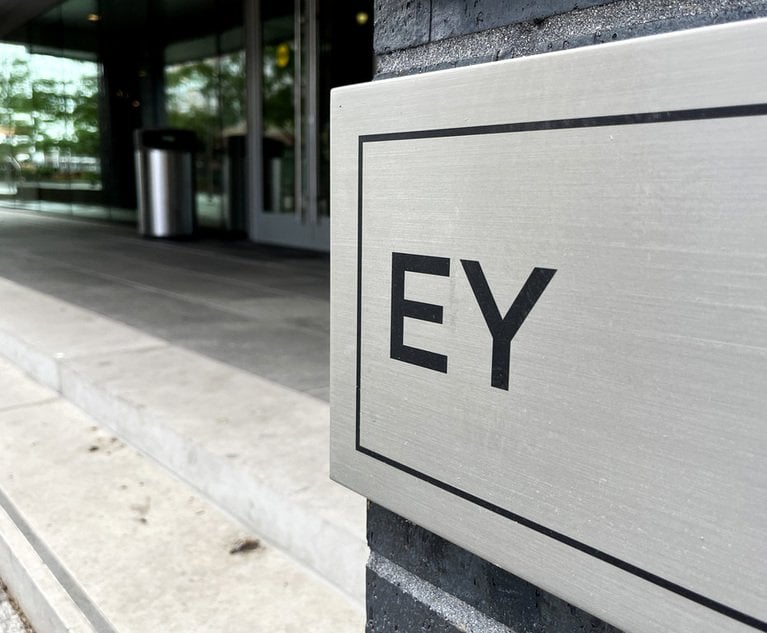Many closely held businesses are conducted through S corporations, which are pass-through entities for federal income tax purposes, and expenses related to the businesses of such corporations are often paid by owners who also work in the business. Where the individuals providing services are also owners of the business, and payment of expenses is made in a manner roughly proportional to stock ownership, it may not matter to the owners as an economic matter whether the expenses are ultimately reimbursed by the entity to the individual service providers. However, there is an obvious adverse economic consequence if expenses are borne or reported in a manner that precludes deducting them for income tax purposes.
In two recent Tax Court memorandum decisions, the manner of payment and reporting of such expenses resulted in the IRS asserting tax deficiencies based on denial of such deductions, and the IRS positions were sustained in the ensuing court proceedings. The decisions underscore the importance of taking applicable tax rules into account when decisions are being made as to how to incur and report these expenses, with a view to minimizing the potential for such issues to arise on audit.
‘Vorreyer’
This content has been archived. It is available through our partners, LexisNexis® and Bloomberg Law.
To view this content, please continue to their sites.
Not a Lexis Subscriber?
Subscribe Now
Not a Bloomberg Law Subscriber?
Subscribe Now
LexisNexis® and Bloomberg Law are third party online distributors of the broad collection of current and archived versions of ALM's legal news publications. LexisNexis® and Bloomberg Law customers are able to access and use ALM's content, including content from the National Law Journal, The American Lawyer, Legaltech News, The New York Law Journal, and Corporate Counsel, as well as other sources of legal information.
For questions call 1-877-256-2472 or contact us at [email protected]


 Credit: Funtap/Adobe Stock
Credit: Funtap/Adobe Stock




